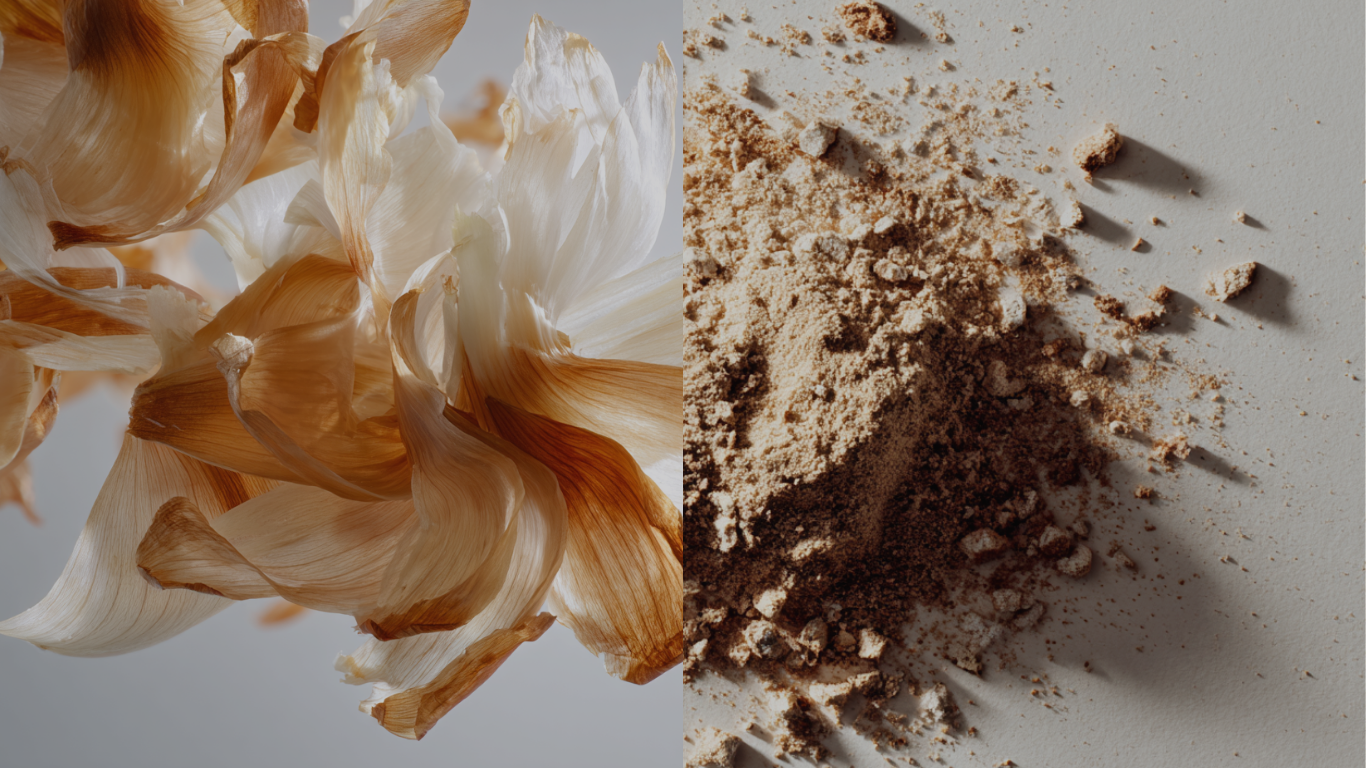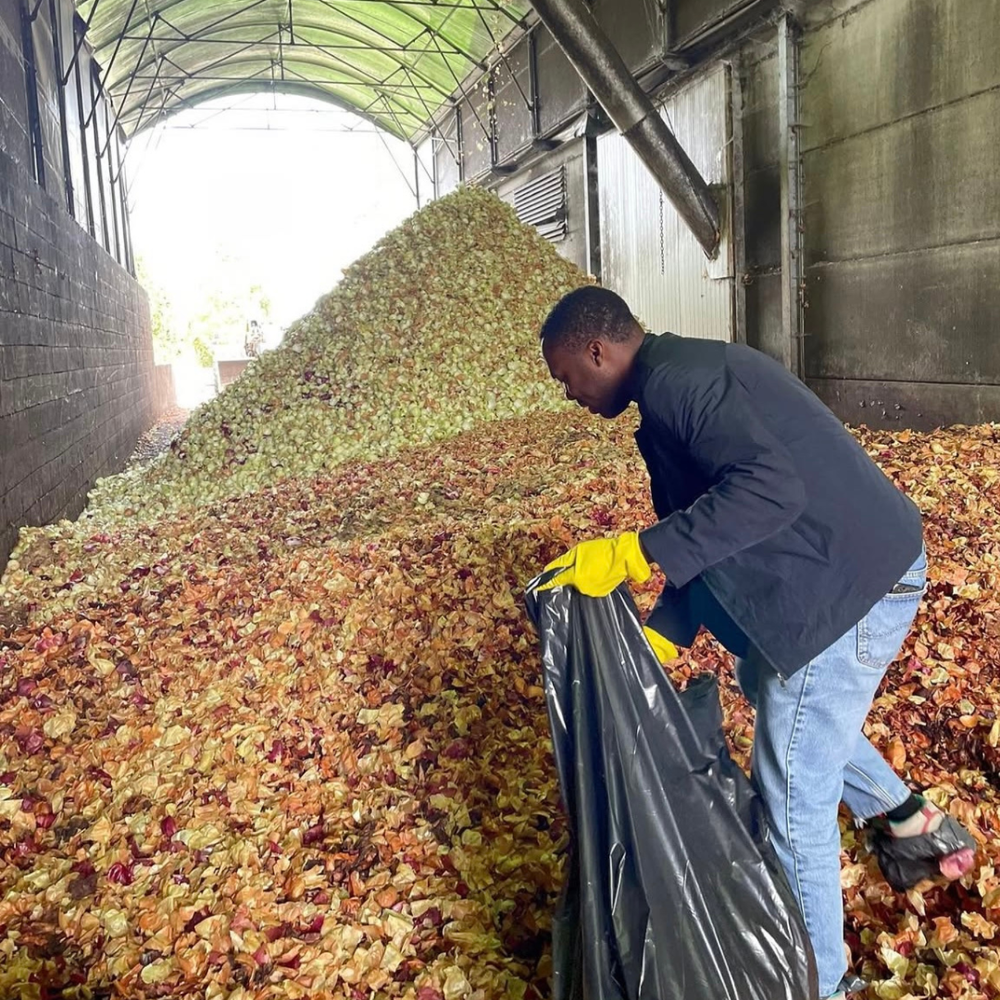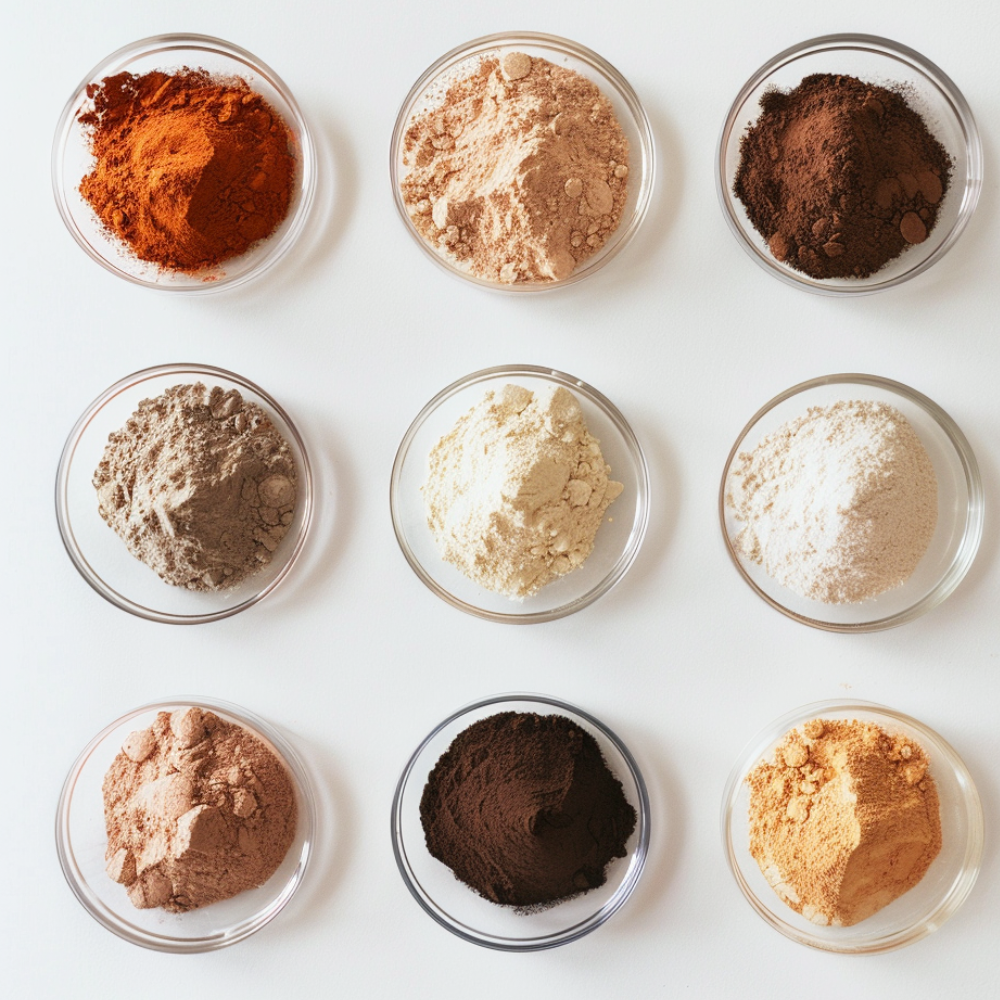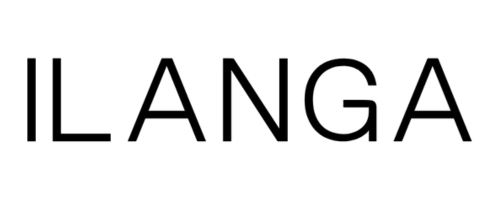
We turn food waste into next-generation color for a cleaner textile industry.
Dye without damage, color without compromise.
-
90%
of all textiles are dyed with synthetic, petroleum-based chemicals.
Good On You
-
1.3 million tons
of textile dyeing chemicals are released into our waters every year.
Greenpeace
-
20%
of global industrial water pollution comes from textile dyeing and treatment.
World Bank

Color reimagined
In an industry built on synthetic shortcuts and harmful processes, ILANGA is here to do things differently. Our plant-based dyes from food waste like coffee grounds and onion skins offer a circular, scalable, and safer alternative for people and planet.
Our Process
-
COLLECT
We collect natural food waste — such as onion skins, avocado peels, and coffee grounds — from cafés, restaurants, and food suppliers, then sort, clean, and prepare it for dye development.
-
DEVELOP
We transform this food waste into plant-based pigments through a series of technical experiments, including fade testing, wash durability, and sunlight exposure, to ensure rich, lasting color.
-
DYE
We offer natural pigments to textile companies, mills, brands, and designers — an alternative to the toxic synthetics that have long coloured our fabrics.

This isn’t just dyeing. It’s rethinking.
We partner with mills, brands, and designers to deliver sustainable, toxin-free dyes for both upcycling and new fabrics.
